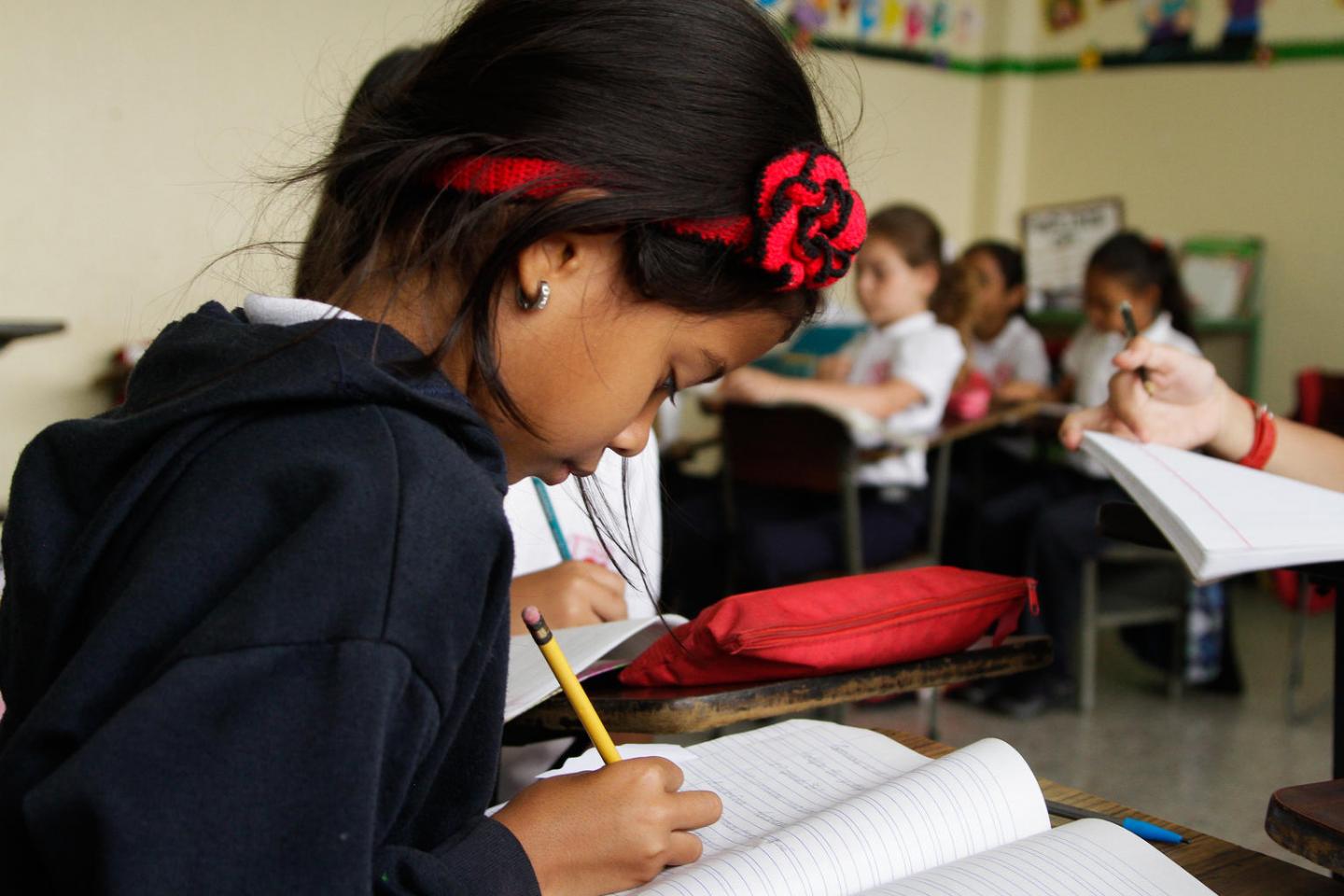Your cart is currently empty!
A prolonged coronavirus outbreak forced schools in Bolivia’s highland city of La Paz to close their doors, forcing students to learn online.
Due to the lack of a computer in the home, the two boys, ages eleven and eight, were regularly absent from school when their schedules clashed. In March of this year, Bolivian schoolchildren were finally able to return to in-person classrooms, although many were still only attending part-time. There are echoes of the narrative across the area, from Mexico to Brazil.
According to a World Bank analysis, Latin American youngsters were forced to attend school for over 60 weeks between March 2020 and March this year because of school closures. That ranks just behind South Asia and is twice as high as Europe, Central and Eastern Asia, Sub-Saharan Africa, or the Pacific. Full closures in Latin America and the Caribbean lasted for 29 weeks, although in North America there were extended periods of partial closures.
Some experts fear that this might put a generation of youngsters in the area back a decade in terms of schooling, which could have a long-term impact on their salaries and career opportunities. “With virtual classes, the little ones didn’t learn anything. They were distracted. My son, who’s in first grade, hasn’t learnt anything. Nothing!” Sanchez said this while waiting to pick her children up outside a school in La Paz.
According to World Bank analyst Emanuela di Gropello, schoolchildren in Latin America would face a 12 percent drop in their lifetime wages as a result of schooling gaps during the epidemic. As a result of this, she predicts that wages for newly hired workers will fall over time.
According to Fundacion Cimientos’ Mercedes Porto, Argentina’s education system has “lost” a cohort of pupils, with around 1 million young people not returning to school following a time of virtual learning. Mercedes Porto works with young people. Andres Uzin Pacheco, A La Paz business school director and education specialist, predicted that the effects will be severe and long-lasting.
Featured Image Credit: UNICEF/UN0278003/Fernandez
